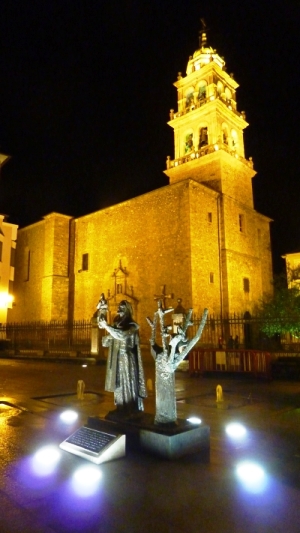One of the most fun and educational activities while traveling is to have the locals give you a history lesson. Whether you have a PhD in history or whether you don’t even know their damn capital, you’ll end up learning a lot about that country’s perspective—as well as your own.
Obviously, there are some shortcomings to learning history from the locals:
-
Their knowledge of their country’s demographics and economic activity might be based on their town, not their country.
-
Their impression of their neighbors frequently had no empirical evidence, just hearsay.
-
Their recollection of history is highly selective. People remember and forget different events. They emphasize certain events while overlooking others.
Every country does this. Throughout my three years of non-stop travel in Eastern Europe, people would vividly recount both how their country came to be and the root cause to their country’s problems. I would travel 100 kilometers to another region and listen to others describe, with equal passion and zeal, the same events in a completely different way.
One of the things important about history is to remember the true history. — George W. Bush
Not exactly, George. I always believed that there was only one true, objective version of history. In theory, that might be true, but in practice it isn’t. First, even if all history books in the world said the same thing, what really matters is what the people believe, because that is what they will teach the next generation.
It is said, “victors write history.” That’s true, but the losers don’t necessarily read or believe it. Instead, they tell their children “what really happened.”
History is a set of lies agreed upon. — Napoleon Bonaparte (1769-1821)
If you dig deep enough, perhaps you can uncover the truth, but it is often a murky and tricky affair.
However, perhaps trying to discover the truth is not that important to you. Are you a historian or an explorer?
Perception is reality; the people’s version of history is, in many ways, the history that matters. Therefore, while you travel, do your best to hear the history parents tell their children.
Even when you know the locals are wrong, you may not want to bother trying to change their minds. Instead, try to understand them, their reasoning, their beliefs, and their world view. Later, do some research to compare their view of history with “what really happened,” while recognizing that your sources (as objective as you hope they are) have their own biases. If this all ends up making you more confused than ever, wonderful. Welcome to traveling the world.
This article has been adapted from my book, The Hidden Europe. The article first appeared on A Pair of Panties and Boxers.




